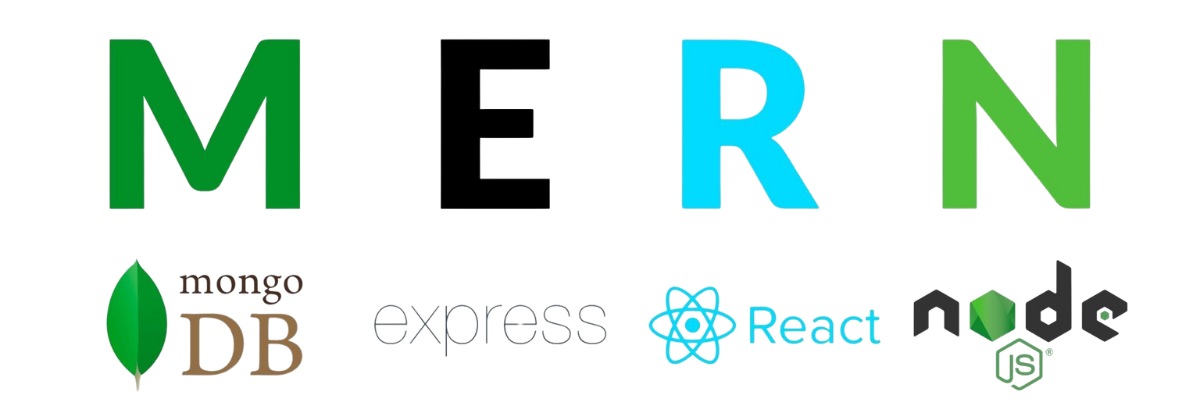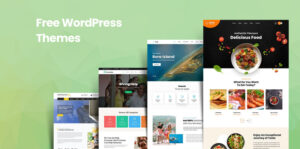Transitioning to MERN: A Guide for PHP Developers
In the ever-evolving landscape of web development, staying adaptable and embracing new technologies is essential for career growth; for PHP developers looking to expand their skill set and delve into modern web development, transitioning to the MERN stack presents a promising opportunity. The MERN stack, consisting of MongoDB, Express.js, React.js, and Node.js, offers a powerful combination of technologies for building dynamic and scalable web applications. In this comprehensive guide, we’ll explore strategies and resources for PHP developers transitioning to the MERN stack, along with insights into essential concepts like DSA in Python.
Understanding the MERN Stack
Before diving into the transition process, let’s briefly overview the components of the MERN stack:
- MongoDB: A NoSQL database known for its flexibility and scalability, MongoDB stores data in JSON-like documents, making it ideal for handling unstructured data.
- Express.js: A minimalist web application framework for Node.js, Express.js simplifies the process of building web servers and APIs, providing robust features for routing, middleware, and more.
- React.js: A popular JavaScript library for building user interfaces, React.js enables developers to create interactive and dynamic UI components, making it a cornerstone of modern web development.
- Node.js: A server-side JavaScript runtime environment, Node.js allows developers to run JavaScript code outside the web browser, facilitating backend development with a consistent language across the stack.
Why Transition to MERN?
As a PHP developer, you may wonder why you should consider transitioning to the MERN stack. Here are some compelling reasons:
- Market Demand: The demand for MERN stack developers is on the rise, with many companies adopting the stack for building web applications. Transitioning to MERN can open up new job opportunities and enhance your marketability in the tech industry.
- Scalability and Performance: The MERN stack offers scalability and performance advantages, allowing you to build highly responsive and efficient web applications. MongoDB’s flexible schema and horizontal scalability, coupled with Node.js’s non-blocking I/O model, contribute to improved application performance.
- Full-Stack Development: Embracing the MERN stack enables you to become a full-stack developer proficient in both frontend and backend technologies. With a comprehensive skill set, you can tackle end-to-end development tasks and contribute to diverse projects.
- Community and Ecosystem: The MERN stack boasts a vibrant developer community and a rich ecosystem of libraries, frameworks, and tools. By transitioning to MERN, you gain access to a supportive community and resources that facilitate learning and growth.
Strategies for Transitioning to MERN
Transitioning from PHP to the MERN stack requires a structured approach and a commitment to continuous learning.
Here are some strategies to help you navigate the transition process effectively:
- Understand Core Concepts: Start by familiarizing yourself with the core concepts and principles of the MERN stack. Invest time in learning about MongoDB’s document-oriented database structure, Express.js’s middleware and routing mechanisms, React.js’s component-based architecture, and Node.js’s event-driven, non-blocking model.
- Learn JavaScript ES6+: JavaScript is the common language across the MERN stack, so having a solid grasp of modern JavaScript is crucial. Focus on learning ES6+ features such as arrow functions, template literals, destructuring assignments, and async/await syntax. Online tutorials, courses, and coding exercises can help you sharpen your JavaScript skills.
- Take a MERN Stack Development Course: Enroll in a comprehensive MERN stack development course to gain structured learning and hands-on experience. Look for classes that cover the fundamentals of each MERN stack component, as well as best practices for building full-stack applications. Consider courses that incorporate practical projects and real-world scenarios to reinforce your learning.
- Practice Data Structures and Algorithms (DSA) in Python: While transitioning to the MERN stack, don’t neglect your understanding of data structures and algorithms. Python, with its clear syntax and vast libraries, is an excellent language for practicing DSA concepts. Leverage online platforms like LeetCode, HackerRank, and CodeSignal to solve DSA problems using Python and enhance your problem-solving skills.
- Build Projects Incrementally: Apply what you have learned by building projects incrementally using the MERN stack. Start with simple projects like a to-do list application or a basic CRUD (Create, Read, Update, Delete) blog. As you gain confidence, tackle more complex projects that incorporate authentication, real-time updates, and external APIs.
- Seek Mentorship and Guidance: Don’t hesitate to seek mentorship and guidance from experienced developers who have transitioned from PHP to the MERN stack. Join developer communities, attend meetups, and participate in online forums where you can connect with mentors and peers who can provide valuable insights and advice.
- Stay Updated with Industry Trends: The tech industry is constantly evolving, with new tools, frameworks, and best practices emerging regularly. Stay updated with industry trends and advancements in MERN stack development by following relevant blogs, attending webinars, and participating in online discussions. Continuous learning is critical to staying relevant and competitive in the field.
Recommended Resources for Transitioning to MERN
- MERN Stack Development Courses: Enroll in MERN stack development courses offered by platforms like Udemy, Coursera, and edX. Look for classes that cater specifically to PHP developers transitioning to MERN and provide comprehensive coverage of MERN stack components and concepts.
- Books: Invest in books on MERN stack development that offer in-depth insights and practical guidance. Some recommended titles include “MERN Quick Start Guide” by Eddy Wilson Iriarte Koroliova and “Learning MERN Stack” by Upkar Lidder and Akshat Paul.
- Online Tutorials and Documentation: Explore online tutorials and documentation provided by MongoDB, Express.js, React.js, and Node.js for detailed information on each technology stack. The official documentation serves as a valuable resource for understanding APIs, best practices, and advanced topics.
- Coding Platforms: Practice coding exercises and solve real-world problems on coding platforms like LeetCode, HackerRank, and CodeSignal. Focus on honing your problem-solving skills and applying MERN stack concepts to solve challenges.
- Community Forums and Meetups: Engage with the MERN stack developer community on platforms like Stack Overflow, Reddit (r/MERN), and Discord servers dedicated to web development. Participate in discussions, ask questions, and share your experiences with fellow developers.
Conclusion
Transitioning from PHP to the MERN stack is an exciting journey that offers new opportunities for growth and innovation. By following the strategies outlined in this guide and leveraging recommended resources, you can navigate the transition process effectively and become proficient in MERN stack development. Remember to focus on understanding core concepts, practicing DSA in Python, building projects, seeking mentorship, and staying updated with industry trends. With dedication and perseverance, you’ll embark on a rewarding career path as a MERN stack developer.
Transitioning from PHP to the MERN stack opens up new opportunities for growth and innovation in web development. By following the strategies outlined in this guide and leveraging recommended resources, you can navigate the transition process effectively and become proficient in MERN stack development. Remember to focus on understanding core concepts, practicing DSA in Python, building projects, seeking mentorship, and staying updated with industry trends.

















